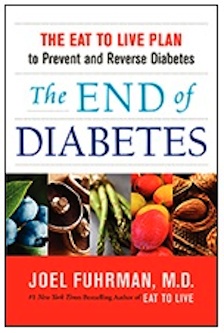
Currently being held on $1.2 million bond and charged with three counts of attempted murder, the 32 year old mother, Ebony Wilkerson, who drove her children into the ocean near Daytona Beach, FL on March 4, 2013, is suspected of suffering from a mental illness. Now, normally, someone suffering from an illness is hospitalized and treated with medication, etc. and apparently, she had checked herself out of a hospital just before leaving her sister’s home and heading to the beach. Her sister had called 911 to say that she was worried since Ebony had spoken of feeling that there were “demons” in the sister’s home, causing her to leave.
Police had then stopped her while driving with her children, ages, 10, 9 and 3 and questioned her briefly, but felt that she answered questions appropriately and that she did not meet the criteria necessary to detain her for mental health reasons. It was said that Mrs. Wilkerson was fleeing her husband whom she felt was dangerous to her children. Reports have stated that Mrs. Wilkerson was pregnant.



